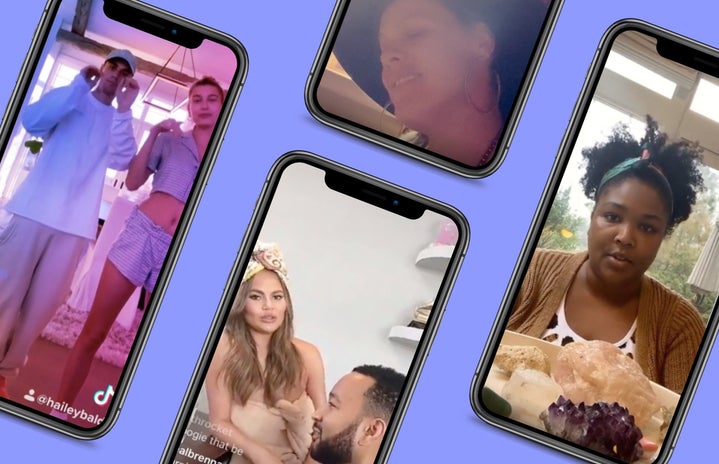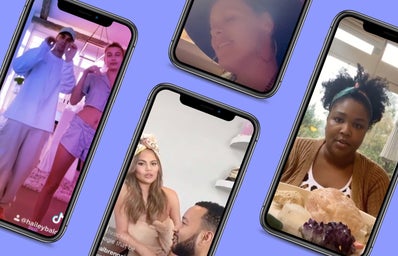Parasocial relationships have been around for ages. I can guarantee that all of you reading, have experienced at least one parasocial relationship in your life. If you’ve ever yelled at a player on the TV for making the wrong move, spent all your money on a concert ticket, made assumptions about a celebrity’s life, or rated which celebrities you’d trust to hold your drink, I have some news for you: those are all examples of parasocial interactions. Although realistically, it’d be weird these days if you weren’t in one.
So, what are parasocial relationships? To go more in-depth, parasocial relationships are one-sided relationships in which people develop a strong sense of connection, intimacy, or familiarity with someone they don’t know (via Psychology Today). In other words, you’re giving all your emotional energy and time to a person completely unaware of your existence. The person is typically a celebrity, but it can also happen with fictional characters example: the protagonist from your favorite movie, or even that one cute person from your classes.
Where exactly do we draw the line?
There’s a lot of conversation surrounding the nature of these relationships and whether or not they’re healthy to maintain. There’s this preconceived notion that these relationships are extremely unhealthy and toxic, and it’s true to a certain extent, but it’s not as black and white as we make it seem. Whether the parasocial relationship is healthy or not depends hugely on the type and intensity of the attachment you form. Parasocial relationships can turn unhealthy the minute a person starts losing sight of the boundary between admiration and reality. It’s very easy to develop this sense of intimacy with a public figure because of how easily accessible their content and lives are to us, which, in turn, creates unrealistic expectations or even entitlement towards them because fans start believing they are owed attention or access to their favorite public figure.
A recent example of how parasocial relationships can take a very ugly turn is the Chappell Roan dilemma that, as of writing, is currently ongoing. If you’re unaware of the situation, American singer Chappell Roan took to her TikTok account to denounce the uncomfortable and weird behaviors people have exhibited towards her and her family, which have largely overstepped her boundaries. She describes people’s entitlement to take pictures with her, hugging and physically interacting with her without her consent, and some even going as far as stalking her and assaulting her. A quote from the TikTok video reads as follows: “It’s weird how people think that you know a person just because you see them online…I’m allowed to say no to creepy behavior.” Another quote ends the video with a pointed reminder: “I’m a random b*tch. You’re a random b*tch. Just think about that for a second.”
It’s important to acknowledge though, that not all parasocial relationships are inherently bad. On the contrary, they can be healthy and improve your mental health, but only if they’re done right. For this to be done, boundaries have to be established; Therefore, you can’t let these relationships consume your life. There also has to be a certain level of self-awareness and separation of your feelings towards this public figure. When done right, we can learn from these relationships and allow for positive modeling, making these celebrities serve as role models and inspiration, or simply as entertainment.
If you’re worried about participating in these relationships and if the attachments you are forming are healthy or not, know that if you’re self-aware enough to recognize that a relationship is parasocial, you most likely don’t need to worry about having an unhealthy attachment. Instead, enjoy them for what they are, a fun way to pass the time and connect with others.


